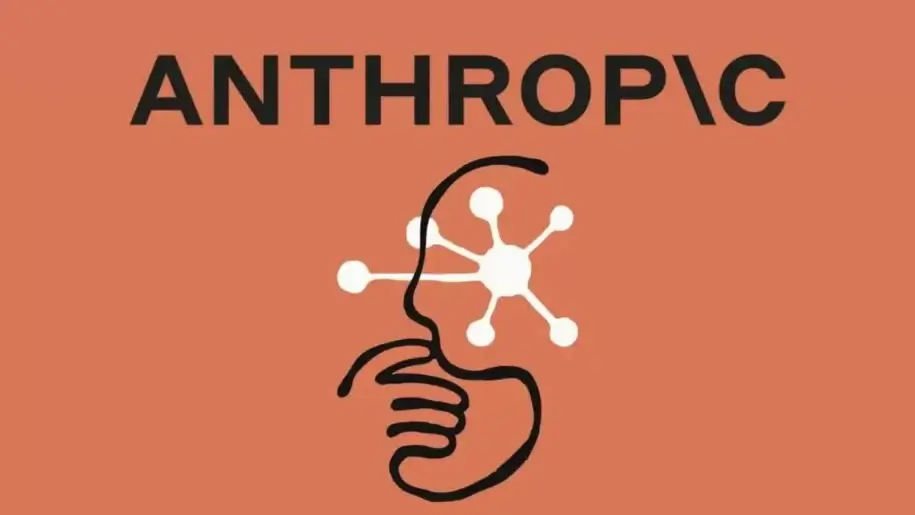The European Union is increasing pressure on Meta over its "pay or consent" data collection model, which regulators believe doesn't comply with the Digital Markets Act (DMA). The EU has warned Meta that it could face daily fines if it fails to align its practices with the bloc's digital regulations.
The "Pay or Consent" Model
In November 2023, Meta introduced a "pay or consent" model for EU users of Facebook and Instagram. This model requires users to choose between paying a monthly fee for an ad-free version of the social networks or consenting to have their data used for personalized ads.
The European Commission's preliminary view is that this model does not comply with the DMA, specifically Article 5(2). The Commission argues that Meta's model doesn't allow users to opt for a service that uses less of their personal information but is otherwise equivalent to the "personalized ads" based service. It also argues that the model doesn't allow users to freely consent to the combination of their personal data.
According to the Commission, an investigation found Meta "did not give users the required specific choice to opt for a service that uses less of their personal data but is otherwise equivalent to the 'personalised ads' service". Additionally, the Commission alleged Meta's plan "did not allow users to exercise their right to freely consent to the combination of their personal data".
EU Concerns and Actions
The EU has been intensifying its efforts to regulate big tech companies, safeguard digital rights, and enforce stricter data privacy laws. Meta, whose business model relies on data collection for targeted advertising, has repeatedly clashed with these regulations. The company has been hit with billions in fines for breaching the region's antitrust and data protection rules, including the General Data Protection Regulation (GDPR), the Digital Markets Act, and the Digital Services Act.
In April 2025, the European Commission fined Meta €200 million for its "pay or consent" model. The fine reflects the period between March and November 2024 when the Digital Markets Act was legally binding, but Meta continued operating the original pay-or-consent model. The Commission also announced that it was still assessing whether the new option Meta introduced has brought it into compliance with the Digital Markets Act and had requested "evidence of the impact that this new ads model has in practice".
The Commission gave Meta 60 days from April 23, 2025, to ensure it complied with the legislation's requirements or risk periodic penalty payments of up to 5% of its average global daily revenue. That time has now expired.
In November 2024, Meta made updates to the model, which included reducing the price of the no-ads subscription by 40 percent and allowing customers using the service for free to opt to be shown fewer personalized ads. However, the European Consumer Organisation (BEUC) has argued that these changes are "cosmetic" and don't address the fundamental issue that Facebook and Instagram users are not being presented with a fair choice.
Meta's Response
Meta has defended its "pay or consent" model, arguing that it complies with EU law. Matt Pollard, Head of Privacy and Competition Communications for EMEA at Meta, stated that the changes Meta has announced go beyond what is required by EU law. The company has also said that it will challenge the EU fine.
Meta introduced its 'pay-or-okay' model to respond to heightened requirements as to the way it collects users' personal data for targeted advertising. This model entails giving users two options: paying for a tracking-free service or giving consent to personal data processing including targeted ads.
Implications
The EU's actions against Meta highlight the growing tension between data privacy and targeted advertising. The outcome of this case could have significant implications for how tech companies operate in Europe and how they handle user data. If Meta is forced to change its "pay or consent" model, it could set a precedent for other companies that rely on data collection for advertising. The EU's stance underscores its commitment to protecting its citizens' data privacy rights and promoting fair competition in the digital market.
















